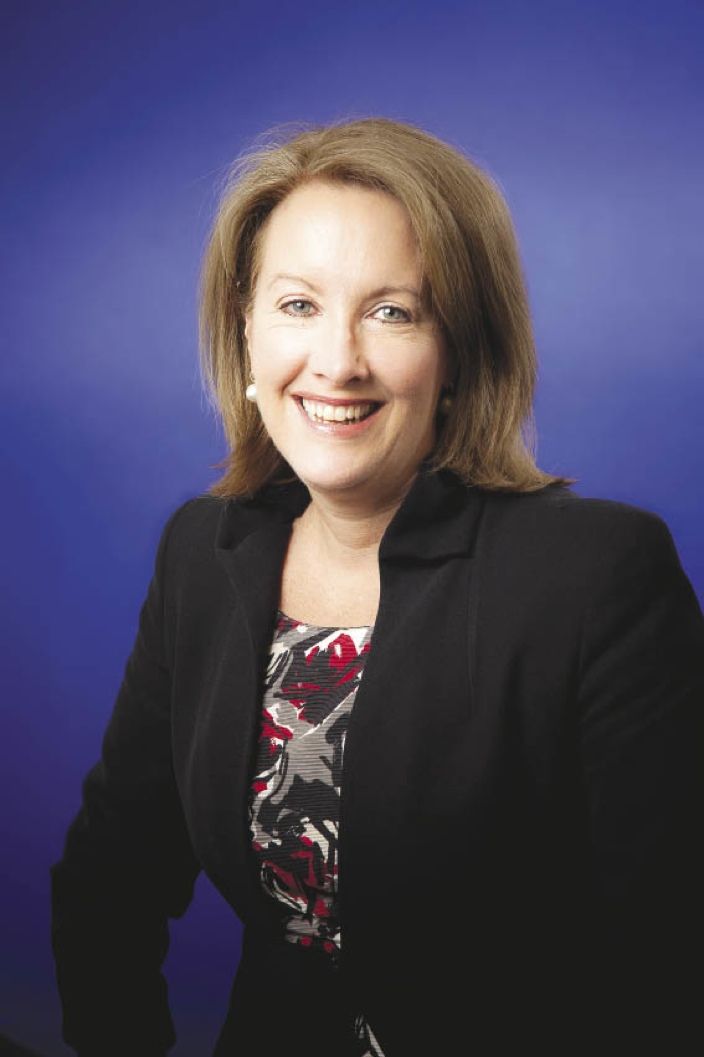
I attended Meriden Anglican College in Strathfield (Sydney) and did my HSC around 1978. I had a fabulous time. It was a small school. We only had about 60 girls in the final year, and I think because of the size of the cohort it was a very nurturing school. It definitely took the view that its girls could do anything. It was a very aspirational school for its students.
One teacher I remember in particular was our mathematics teacher Mrs Wilson. We would have only had 10 girls in the mathematics class. She was phenomenal and believed in every one of us, and it is because of her that I still have such a strong love of Maths and Science. The more I see the research and see young girls opting out of Maths and Science, it makes me think we need more teachers like that. My school, and Mrs Wilson, only ever encouraged my love of mathematics.
Certain subjects are associated in people's minds with either men or women. Does that come from deeply held stereotypes of men and women? Even in Australia today, being a strong man often means being good with numbers and having economic power. Strong femininity is not associated with economic power, nor that you would be strong in the Maths and Science side. From the minute we put our feet on the ground and see what mum is doing and what dad is doing we are internalising the things that make up our gender schema.
Addressing gender imbalance in education
It is gender diversity that delivers optimal outcomes. Having all women or all men in any profession doesn't produce the best outcome. Education, as much as boardrooms, or the upper echelons of business, needs gender equality.
Education, and in particular early childhood learning, is feminised. Because the remuneration is unreasonable, it is not as attractive to men as we still live in a society in which men are viewed with the belief that they should be the main breadwinners. That is breaking down, but it is a slow process. We came from a time in which we thought a womanâs income was all discretionary spending, but we now know it is just as important for paying the mortgage and paying for living expenses.
If you earn less than your partner are you in some way emasculated? I think gender stereotypes impact negatively on both men and women. I am speaking to hundreds of men who have taken parental leave trying to get back into paid work. Because of their caring responsibilities they are not perceived as a main player.
Education promoting gender equality
I think education has a key role in this. One of the main projects we have been working on is having input into the national curriculum for the ages of five upwards.
That's been a fabulous project to build gender equality principles into the national curriculum. Even when starting at age five, the examples that are given in picture books â of women as engineers and scientists and men as carers â show kids what respectful relationships look like. One of the key research findings is that men who believe in gender equality have zero propensities to commit violence against women. So we are trying through the curriculum to show a whole range of men and women in non-traditional roles. We are trying to help people understand what respectful relationships look like. If you are one of the hundreds of thousands of children growing up in violent households, then unless you are educated as to what respectful relationships look like, violence becomes normalised.
This is why early childhood learning is so critical. It is not a baby minding service, it is about helping those children at risk to have some kind of future, and not see violence as part of their life.


































































































































